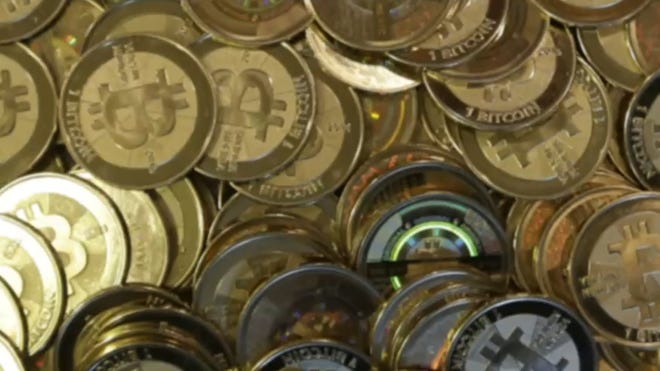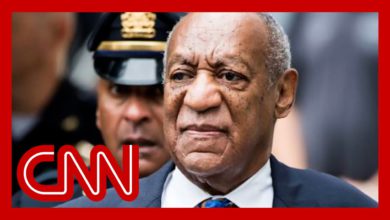
- DOJ fines British American Tobacco $630 million for selling to North Korea in violation of sanctions
- The State Department reached a $508 million civil settlement with the company.
- Federal authorities said North Korea funds its military by selling counterfeit cigarettes overseas.
WASHINGTON – Federal authorities announced Tuesday $629 million in criminal fines and $508 million in a civil settlement with a subsidiary of British American Tobacco for selling products to North Korea for years despite sanctions against the transactions.
The complex scheme featured the company selling tobacco products through its Singapore subsidiary to North Korean companies in China, to avoid detection.
The transactions provided North Korea with tobacco to produce counterfeit cigarettes for sale at home and aboard, officials said. The profits flowed back to the North Korean government and its military, which have been sanctioned by the international community to deter the development of nuclear weapons.
“This is the single largest North Korean sanctions penalty in the history of the Department of Justice,” Matthew Olsen, head of the department’s national security division. “Sanctions and export controls are among the most powerful weapons in our arsenal."
Here is what we know about the case:

What were the charges?
The Justice Department agreed to defer prosecution of British American Tobacco, but its subsidiary, BAT Marketing Singapore, pleaded guilty to conspiracy to commit bank fraud and conspiracy to violate sanctions for its “egregious conduct,” Olsen said.
British American Tobacco had announced in 2007 it halted all sales to North Korea, Olsen said. But it continued to sell tobacco to North Korea from 2007 to 2017, he said.
“The profits from this scheme are staggering, and a substantial portion of them are believed to flow back to the North Korean government and its military,” said Matthew Graves, U.S. attorney for the District of Columbia.
The Treasury Department also imposed a $508 million civil settlement with British American Tobacco for violating sanctions.
“It’s not just banks that need to comply with sanctions, it’s all businesses including foreign companies that seek to avail themselves of the U.S. banking system,” Brian Nelson, undersecretary of the Treasury for terrorism and financial intelligence. “If you try to circumvent our sanctions, there will be serious consequences.”

Three individuals charged with similar violations
Three individuals were charged in a similar, separate scheme to avoid detection of the illegal transactions from banks from 2009 to 2017.
North Korean banker Sim Hyon-Sop and two Chinese nationals, Qin Guoming and Han Linlin, were charged with using multiple front companies to buy tobacco products for North Korea while laundering U.S. dollars for the shipments, according to Jung Pak, State Department deputy special representative for North Korea.
The State Department offered a $5 million reward for information leading to the arrest and or conviction of Sim and $500,000 each for information about Guoming and Linlin, Pak said.

North Korean announcement comes day before South Korea state dinner
The Justice Department announcement came at a time of heightened tension with North Korea, which has been testing rockets that threaten U.S. allies such as Japan.
The announcement also came the day before a state dinner with South Korean President Yoon Suk Yeol. Yoon is also scheduled to address Congress on Thursday.
A diplomatic snafu came after leaked intelligence indicated top advisers to Yoon were concerned ammunition South Korea agreed to sell the U.S. to refill its stockpiles could wind up in Ukraine.
The State Department is abuzz with excitement about President Joe Biden’s second state visit, but Pak said the criminal cases were announced when they were completed.
Source link









